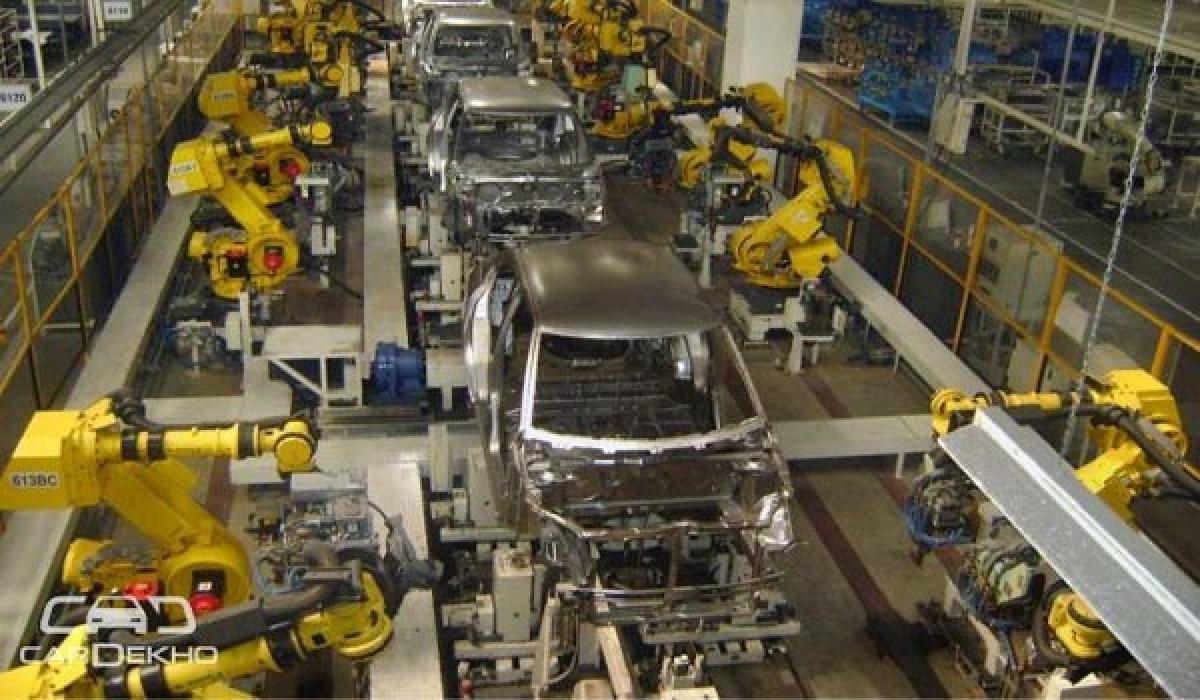Live
- ‘Thandel’ first single ‘Bujji Thalli’ to drop soon
- ‘Thalapathi’ set for grand re-release on Rajinikanth’s 74th birthday
- Shahid Kapoor’s ‘Ashwatthama’ kept on hold due to budget constraints
- ‘Drinker Sai’ teaser: Attracts youth
- Netflix Outage in India and US Ahead of Tyson vs Paul Match
- Police Intensify Investigation into Lagacharla Attack on Officers; Eight More Detained
- Google Docs Introduces AI-Powered Clip Art Generator with Gemini
- LIC sets up stall at India Int’l Trade Fair
- Celebrating journalism and its role in society
- Supporting emotional well-being in children
Just In

On Wednesday, a bill to implement India’s biggest economic reform since independence, the Goods and Services Tax (GST), was tabled in the Rajya Sabha. Its likely passage is set to stir up a hornet’s nest in the country’s economic landscape. This key constitutional amendment will most certainly have a major impact on all major industrial sectors of the country, including the fast-emerging auto
On Wednesday, a bill to implement India’s biggest economic reform since independence, the Goods and Services Tax (GST), was tabled in the Rajya Sabha. Its likely passage is set to stir up a hornet’s nest in the country’s economic landscape.
This key constitutional amendment will most certainly have a major impact on all major industrial sectors of the country, including the fast-emerging auto sector. But to understand how, we first need to simplify what the GST bill actually stands for.
There might be a thousand different and twisted ways of saying this but, in the simplest of words, the GST stands for one singular tax to be imposed on all goods and services in the country and will replace all forms of indirect taxes that we, as consumers, are paying for right now.
READ: Fuel pump owners demand GST in fuel prices
GST will allow seamless flow of goods and services between states, which currently have disparate taxes, making India one marketplace. So you will neither have to pay the service tax to the central government nor the Value Added Tax (VAT) and other added cesses to your state government, but only the GST.
Coming back to India’s auto industry, which is one of the fastest growing ones across the globe, it adopts two different strategies for sales. The manufacturer either sells cars directly to the dealer, on which a certain Central State Tax (CST) is levied, or ships vehicles to a warehouse in a specific state from where the units are further distributed. The latter is governed by VAT laws of the said state. And both the CST and VAT ultimately affect the cost of the vehicles.
However once the GST is implemented, the manufacturer will be required to pay the tax at the time of dispatch since the GST is a destination-based tax. Thus, the first and foremost challenge would be whether the tax is calculated on the stock transfer or the sales value. Apart from transitional phase problems, the date of sales might also entail cash flow issues.
READ: Auto industry reacts to budget and GST discussion
Another major bone of contention is the fact that currently many manufacturers have invested in states that offer tax and other benefits to the manufacturer. But once the GST is implemented, it is unclear whether they will still be applicable. Otherwise, special economic zones and backward areas are set to lose relevance.
On its website, the Society of Indian Automobile Manufacturers has appealed to the finance ministry to take certain other issues under consideration as well while implementing the GST bill. Apart from demanding that all kinds of domestic indirect taxes be subsumed under the GST as suggested by the Kelkar Committee, it has also asked used vehicle trade to be included under its ambit and also that no additional taxes be further levied.
On the other hand though, the GST will make interstate business relatively easier. With the whole country likely to become one market without interstate barriers, tier I manufacturers could consolidate their operations in one place and enjoy economies of scale, among various other benefits.
So what do you think, is the GST worth the hullaballoo? Voice it in the comments section below.
Source: cardekho.com

© 2024 Hyderabad Media House Limited/The Hans India. All rights reserved. Powered by hocalwire.com







